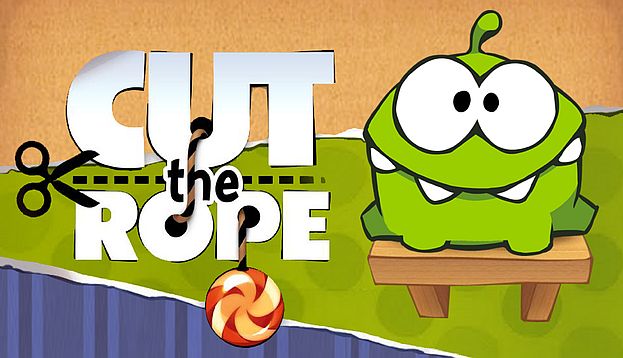Mobile games are typically monetized via the sale of in-game items (the dominant model), “premium” pricing where you pay up front, or through advertising. Virtual items can be a wide range of things at a variety of prices, from a quick life refill in Candy Crush Soda Saga or new equipment in Clash of Clans. The prices, though, are normally fixed for these items unless the game’s publisher decides to put something on sale.
However, Re/Code reports that a new company is testing a new dynamic pricing plan for developers to use with their releases. Gondola, a company that originally specialized in game development, has since switched gears to become an app analytics firm, and they have a new take on pricing for games. The company has introduced a new “dynamic pricing engine” that allows the same items to have different prices for different buyers, depending on circumstances.
“As opposed to other industries, our merchandise comes with unlimited supply,” said Gondola CEO Niklas Herriger. “There’s no marginal costs. We never have the problem that we can’t sell differently to different people.”
With this structure, virtual items can be strategically placed, so that users won’t be “churning out” so heavily because items that might encourage them to stay are priced too high. As an example, a user might run into difficulty with a level and is asked for a $3 purchase to continue. With an algorithm, Gondola’s program would cut the price to something lower, while making up the difference in additional sales down the road.
“I don’t even remember a time where airline tickets were not dynamically priced,” said Herriger, explaining the dynamics of the algorithm.
A lot of metrics come into play, such as which format users are playing on, how far they’ve progressed in a game, and which market they’re located in. The engine would then price in-game items accordingly, in an effort to keep these players from losing interest due to poorly priced goods.
Herriger also pointed out Uber’s dynamic with pricing, indicating that the car service raises its fees due to higher demand over available drivers. “What you’re asking is, ‘Will my users hate me ‘” said Herriger in regards to the higher prices. “It’s a good concern.”
He doesn’t believe hatred will play a part, though. “The perception is, often times, that dynamic pricing is about squeezing the last dollar from the ‘whales.’ A substantial number of users would churn out before their first purchase might be made. Only real skilled players might see a significant increase in virtual goods prices.”
The apps that have used the engine saw an increase of revenues by 12 percent on average, although Herriger stopped short of mentioning which games were tested. However, the company’s website indicated that Big Blue Bubble, Wooga and Cut the Rope maker ZeptoLab may have been involved.
It’s a good idea for a program, although those who are more “hardcore” players may not see all the benefits from it. At least those who are “stuck” will have no problem moving forward in their game sessions.

